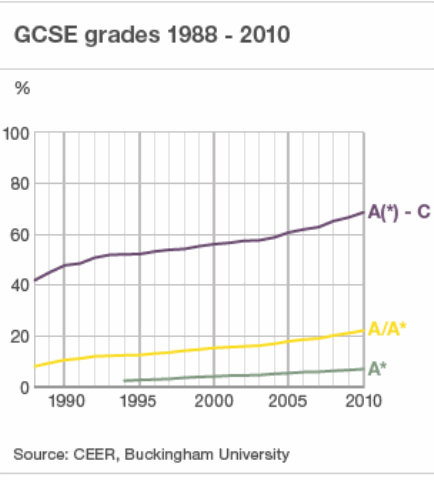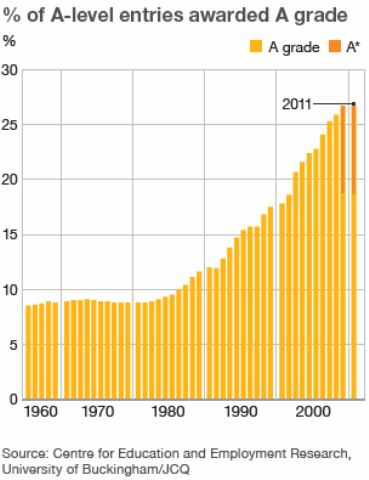It’s been quite a while since I’ve had a rant on my blog. I’ve been muted by the responsibilities of child care and a new job, but the drought is over!
My ire has been raised by this article in the TES where university academics are bemoaning the fact that they may actually be compelled to hold qualifications in teaching.
The core information in the piece is that the Higher Education Statistics Agency is compelling universities to provide anonymised data on the teaching qualifications of their staff. Academics fear the data will be used for “foolish” ends and may make such qualifications compulsory.
Oh the humanity!
It isn’t like I have no working knowledge in this area – I worked in universities for 10 years: as a PhD student, a postdoc, a weird intermediate state at Cambridge and finally as a lecturer. In all that time I received approximately 4 days training on how to teach. I taught students in small groups, practical classes and lectures.
Teaching well is a skill and it is ironic that, in institutions which award qualifications to people, the idea that qualifications in your profession might be useful is a radical idea and a thing which must be opposed.
An interviewee for the piece lets the cat out of the bag, he says: “If you want to maintain an active research life, you need to devote… 24 hours in the day towards your research. These [teaching] qualifications take time and effort to obtain, and anything that takes away from research time makes it more difficult to stay in the research excellence framework”.
Remember this when you or your offspring are planning on spending £9k per year to attend a university because the view that any teaching effort is a distraction from research is common.
Outside academia qualifications are seen as something of a benefit, if I had a teaching qualification it would be on my linkedin profile in a flash!
Imagine buying a rather expensive car and being told “None of the designers or engineers who made this car had any qualifications in making cars but they’ve been doing it for years”. It’s the very core of teaching: learning stuff you wouldn’t learn by experience.
So, there is my rant.


